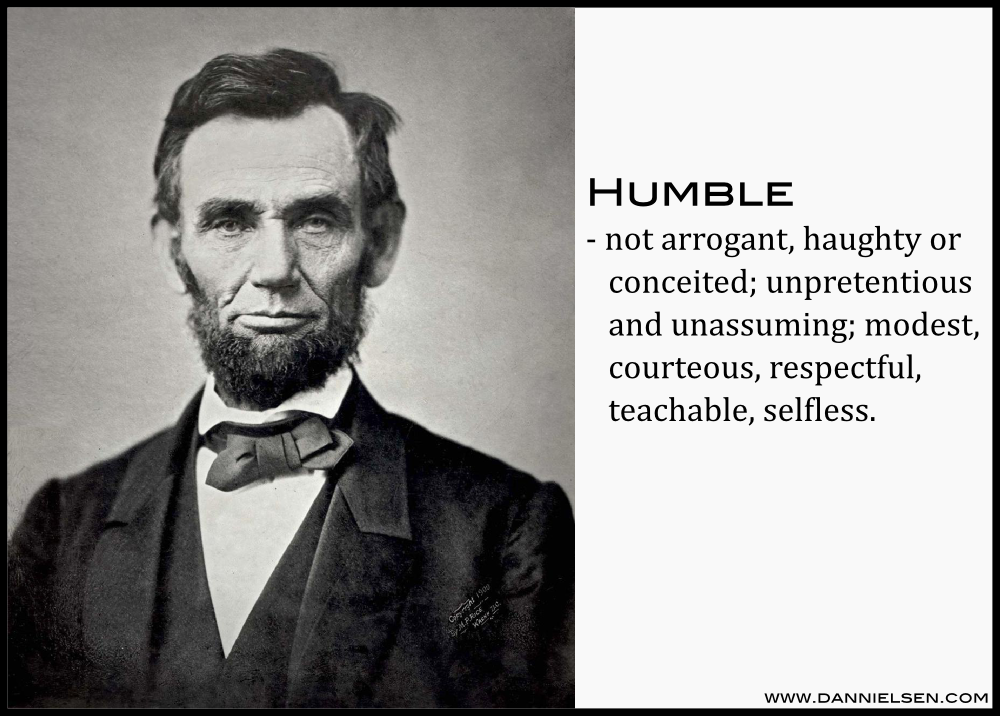
Abraham Lincoln is one of the most highly respected and admired leaders in history. His example of strong but gentle leadership has been studied and applauded for generations.
When I reached the chapter about Lincoln in my writing of the book Presidential Leadership: Learning from United States Presidential Libraries & Museums (available October 1st!), I didn’t know where to start. There was so much to say. Which leadership strengths should I focus on? What angle should I take? How do I pick?!
As I considered the possibilities and dug into my research, I happened across a TED talk by Doris Kearns Goodwin—the renowned presidential historian and author who wrote Team of Rivals: The Political Genius of Abraham Lincoln. During her presentation, Goodwin said this about the 16th U.S. President:
“He possessed an uncanny ability to empathize with and think about other people’s point of view. He repaired injured feelings that might have escalated into permanent hostility. He shared credit with ease. He assumed responsibility for the failure of his subordinates. He constantly acknowledged his errors and learned from his mistakes. He refused to be provoked by petty grievances. He never submitted to jealousy or brooded over perceived slights.”[1]
When I heard that description about Lincoln, the light bulb went on. The one underlying leadership strength that created the foundation upon which so many of Lincoln’s traits were built, was suddenly very obvious. Humility.
Humility may not be a trait that immediately comes to mind when thinking about leadership strengths. Humility is even considered by some to be more of a weakness than a strength—“Leaders must have backbone! They have to be strong and confident, not meek and subservient!” I don’t think humility is a weakness, I think it is an essential quality of a strong leader. In fact, I think it takes strength to be humble! And as Lincoln so well exemplified, it is possible to be both humble and confident.
It was Lincoln’s genuine humility that enabled him to be such a strong and gentle leader. It was his humble spirit that equipped him to demonstrate each of the seven leadership strengths Goodwin listed in that description.
In my book I briefly explain what humility like that of Lincoln allows a leader to do:
“Humble leaders are able to genuinely relate to and empathize with ordinary people. They don’t consider themselves better or more important than others, and are able to easily acknowledge their own shortcomings and laugh at their blunders. Humble leaders realize they don’t have all the answers and they are willing to heed the advice and learn from the feedback of others.”[2]
I firmly believe that humility is a foundational leadership strength. In what areas of your leadership can you see the positive affect of genuine humility?
To learn more about my upcoming book, what it’s about, and why I wrote it, please click here >>
[1] Doris Kearns Goodwin, remarks during speech at the TED Conference in Monterey, California, February 2008, http://www.ted.com/talks/doris_kearns_goodwin_on_learning_from_past_presidents.html
[2] Dan Nielsen, Presidential Leadership: Learning from United States Presidential Libraries & Museums (Dan Nielsen Company, 2013), 272.


Comments are closed.